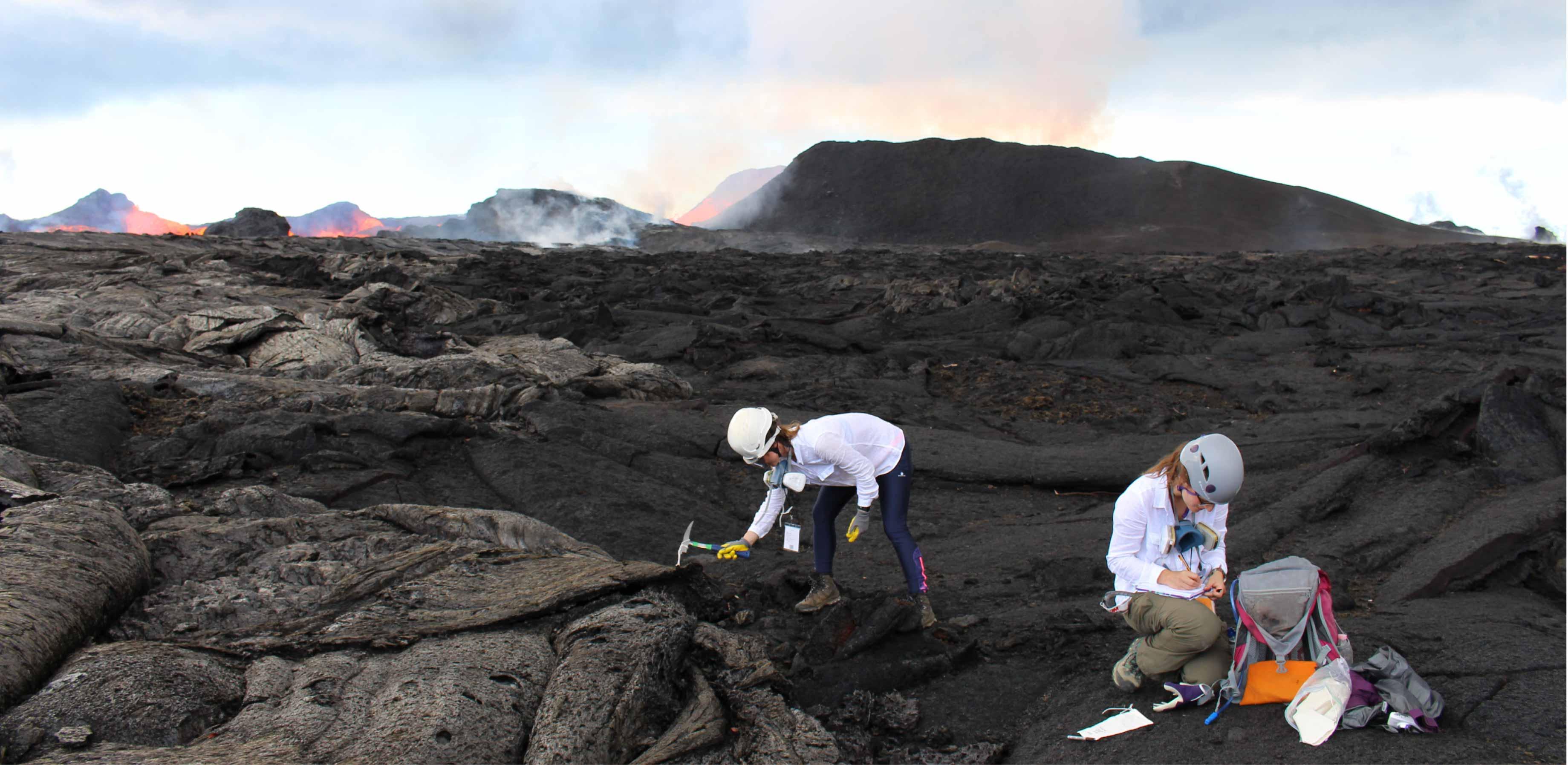
Submitted by Dr C.M. Martin-Jones on Mon, 18/11/2024 - 09:49
The Department of Earth Sciences is pleased to announce that it will be hosting a series of new PhD studentships, starting from October 2025.
The new Cambridge Research Experience and Advanced Training for Environmental Scientists (CREATES) Doctoral Landscape Award (DLA) unites the University of Cambridge and the British Antarctic Survey as hosts for PhD training and projects, working with a wide range of collaborative partners.
“We are delighted to host the CREATES programme, which will welcome a diverse cohort of students from a range of different backgrounds to conduct cutting edge research and training, working with partners from industry and government,” said Professor Marie Edmonds, Head of Department.
The studentships will be in the field of environmental science, working on topics at the heart of some of the most pressing societal challenges: climate change and the need for secure energy; biodiversity loss in the context of food production and land use pressures; natural and climate-induced hazards in the face of growing vulnerability.
“One of the most exciting aspects of researching the Earth is to understand how everything in nature, in all of its complexity, works together and sustains life,” said Professor Alex Piotrowski, Director of the CREATES Programme.
The programme will train environmental scientists from a variety of backgrounds, creating interdisciplinary, problem-solving environmental science postgraduates qualified to take up a broad spectrum of careers. DLA is the new terminology for Doctoral Training Partnerships (DTPs), and CREATES is our new programme, which we hope will take in 5 cohorts of students, with the first cohort starting in October 2025.
CREATES follows on from C-CLEAR which recruited 6 cohorts of students. Various departments of the University of Cambridge, as well as the British Antarctic Survey, are members of CREATES and eligible to host PhD students.
Students will apply to work in broad areas with a named lead supervisor and will co-develop detailed PhD projects with full supervisory teams (and potential CASE partners) on arrival.
Information for prospective applicants
Our Department is home to a vibrant and supportive community of researchers, who are working on exciting questions at the forefront of understanding our planet, environment and planetary systems.
We welcome enquiries from prospective PhD students. Explore the broad project themes listed below, and feel free to reach out to our researchers who would love to discuss designing a project with you.
You’ll find our Research Groups listed on our website here, and the contact details of academic staff listed under each group page. For information see our Prospective Postgraduate Student pages here.
Potential project areas:
- Natural Hazards: volcanic eruptions, earthquakes, landslides, flooding and climate-related hazards
- Climate Sciences: reconstructing past climates using ice and marine cores, ocean modelling, marine conservation and the carbon cycle
- Seismology: explore mysterious features in the mantle, understand mantle convection and investigate volcanic processes at Earth’s surface
- Planetary Science: planetary geochemistry, the development of the Earth’s mantle, atmosphere and ocean and more
- Igneous Petrology: volcanology, geobarometry, volatiles, mantle processes, Large Igneous Provinces, crustal magmatic systems, diffusion chronometry, global volatile cycles, Icelandic volcanism and more.
- Critical Metals: REE enrichment in alkaline magmas, lithium granites and porphyry copper deposits.
- Mineralogy: Fundamental rock, mineral and environmental magnetism; natural fluids, minerals, and environmental conditions, mechanics and microstructures of deforming rocks; nuclear materials, nanoparticles; and biomineralization
- Geochemistry: The evolution of our planet from its crust to core, including biomineralization, surface weathering, biogeochemical cycling, critical metals, Archean tectonics, mantle heterogeneity, accretion and core-mantle interaction.
- Palaeontology: Evolutionary paleobiology and palaeoecology and its links to environmental change
